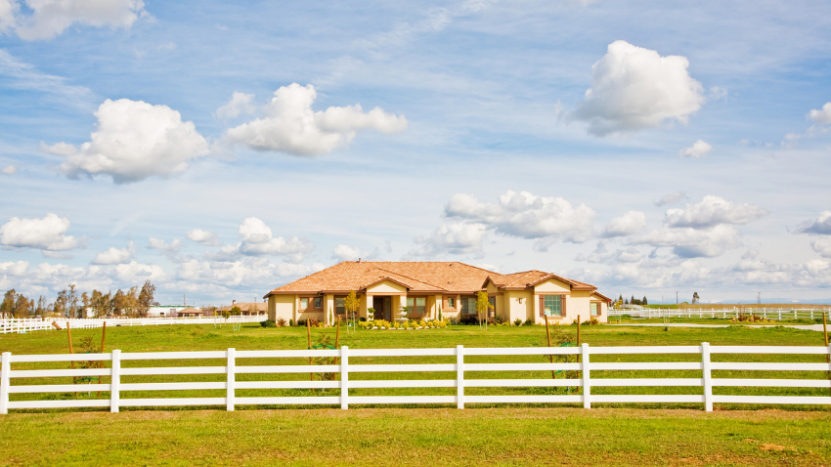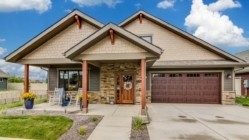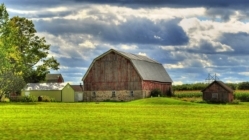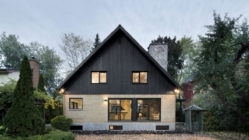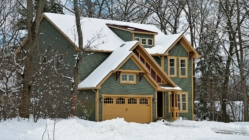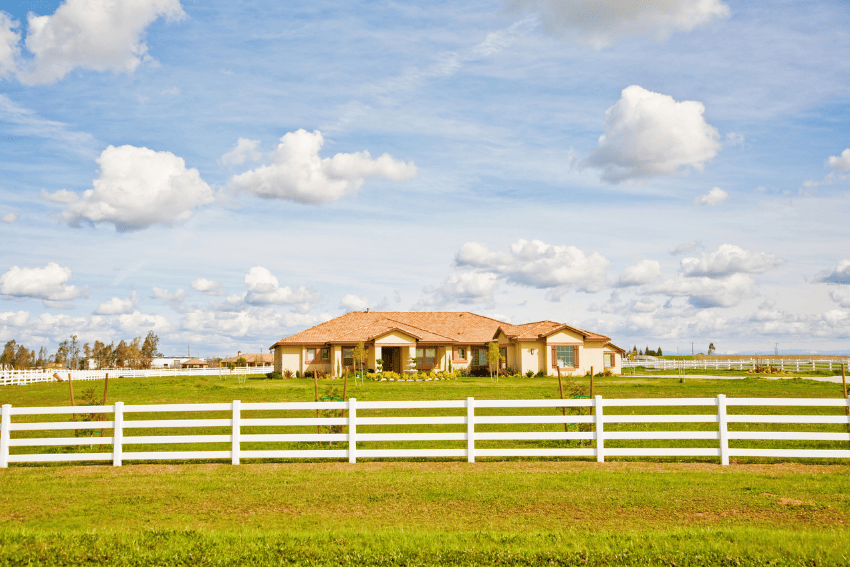
Simple Steps for Buying a Home in Rural Areas
If you’re looking to buy a home in a rural area, it’s essential to understand the specific requirements involved. Purchasing a property in a rural setting is different from buying in urban areas, and there are unique considerations to keep in mind. Knowing these factors will empower you to make informed decisions on your rural homeownership journey. In this guide, we’ll explore the essential requirements for buying a home in rural areas, helping you find your dream property with confidence.
What Is Considered A Rural Home
When people picture rural life, they may imagine a small farm or homestead, but those are not the only kinds of rural homes available. In fact, most rural homeowners have typical homes that are simply in rural locations.
In fact, the government provides housing options for low-to-moderate-income families looking to buy rural homes through USDA home loan financing. A USDA home loan can be obtained from a USDA-approved lender, like JVM Lending. There are eligibility criteria that must be met. These loans are limited to primary residences (this means no investment properties) and must meet specific location parameters as well as structural requirements.
View mortgage rates for
April 28, 2024
Strategies for Purchasing a House in a Rural Area
Once you’ve determined the type of rural property you want, the next step is to begin searching for listings in your desired location.
Finding and locating homes and properties in rural areas requires a unique approach compared to urban settings. Here are some strategies and advice for homebuyers to help them in their search for rural properties:
- Engage with Local Real Estate Agents: Local real estate agents are invaluable resources when searching for rural properties. They possess in-depth knowledge of the area, including hidden gems that may not be listed online. Agents can help you navigate the complexities of rural real estate transactions and connect you with property sellers that may not be actively advertising.
- Online Listings and Websites: While rural listings may not be as prevalent as those in urban areas, there are specialized websites and online platforms catering to rural properties. Websites like Zillow, Realtor.com, and LandWatch have rural property listings that can provide a good starting point for your search.
- Be Patient and Flexible: The inventory of rural properties may not be as vast as urban areas, so be patient and remain flexible in your search. The right property might take time to find, but staying open to various options can increase your chances of success.
Considerations for Choosing a Rural Home
When looking at rural homes, there are several important factors to consider. These aspects can significantly impact your quality of life and overall satisfaction with the property. Here’s what you should keep in mind:
- Location and Accessibility: Consider the location of the rural home in relation to essential amenities such as grocery stores, medical facilities, schools, and workplaces. Additionally, assess the accessibility of the property, especially during adverse weather conditions, as rural areas may have limited road maintenance.
- Utilities and Infrastructure: Inquire about the availability of utilities such as electricity, water supply, sewage, and internet connectivity. Some rural properties may rely on well water and septic systems, which require periodic maintenance.
- Property Condition: Inspect the condition of the home and any existing structures. Rural properties might have unique maintenance challenges due to exposure to the elements, so assess the age and condition of the roof, foundation, and other critical components.
- Environmental Factors: Take note of the property’s environmental factors, such as flood zones, wildfire risks, or potential exposure to natural disasters. Understanding these risks can help you make informed decisions about property insurance and safety measures.
- Proximity to Services: Consider the distance to essential services like medical facilities, schools, and shopping centers. Living in a rural area might require longer travel times to access these services.
- Costs and Budget: Factor in all costs, including down payment, loan amount, closing costs, property taxes, insurance, mortgage payment, maintenance, and potential expenses for upgrading or customizing the property.
By carefully considering these factors, you can make an informed decision and find the rural home that best suits your needs, lifestyle, and long-term goals.
Home Loans For Rural Properties
Getting a home loan for a rural home involves specific considerations due to the unique nature of rural properties. One option to explore is USDA loans, which are specialized home loans offered by the U.S. Department of Agriculture for rural areas. These often come with attractive loan terms and may require little to no down payment. However, to qualify, the property must meet USDA eligibility criteria, including location in an eligible rural area and property type (single family housing).
Researching lenders is crucial when seeking a rural housing loans. Look for lenders with experience in financing rural properties or those familiar with the intricacies of rural property transactions, such as JVM Lending.
Your credit score, income, and financial history will also play a significant role in loan approval as well as your interest rate, so make sure your credit is in good standing and gather all necessary financial documentation for the loan application.
Property eligibility is another critical factor. As rural properties may have unique features, lenders will likely require a thorough appraisal and inspection to assess the property’s value and condition.
Obtaining a pre-approval for a home loan before house hunting is essential. A pre-approval demonstrates to sellers that you’re a serious buyer, giving you a competitive edge in the purchasing process. Working with a real estate agent who specializes in rural properties can be beneficial. They can guide you through the buying process, help you find suitable properties, and provide valuable insights.
The Bottom Line
Finding and purchasing a rural home requires a thoughtful and informed approach. By considering factors such as location, property size, and accessibility, you can narrow down your options to find the perfect rural property that aligns with your lifestyle and long-term goals.

